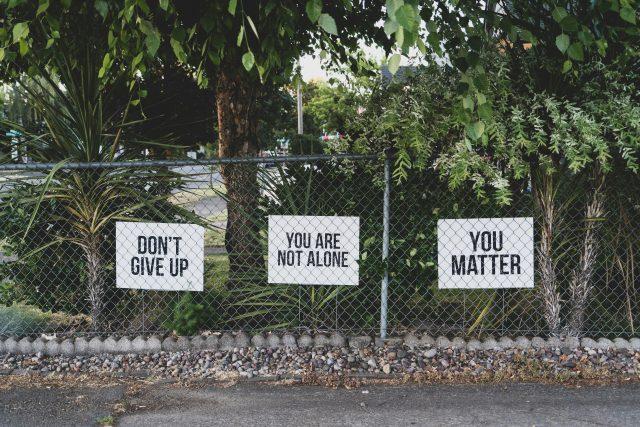HUDA QURESHI
campus editor
huda.qureshi@my.tccd.edu
My vision of crisis care involves a commitment to protect the autonomy of those experiencing a crisis. The idea that disruptive behavior is inherently unsafe is a reductive viewpoint.
In the name of safety, we let threat and force define crisis care. We can reimagine how we view those in crisis by acknowledging that their struggle is not an individual moral issue. It is an issue of unmet material and emotional needs. This provides a layer of empathy that will set the basis for creating more self-directed options for intervention. Providing these options is a necessary step in humanizing those experiencing heightened emotions.
One example of an intervention that retains the autonomy of an individual experiencing a crisis is to meet them where they are at. When someone you know is behaving in a way that may be difficult to understand, deescalation should take the form of targeted conversation, offering practical support and setting boundaries.
Offering a non-judgmental space to work through difficult emotions is crucial. I think we should practice listening in a way where it requires effort and concentration., Wwe should treat the words we hear as valuable information.
Pouring dedicated focus into listening to someone who needs support will result in an understanding of why they are behaving a certain way. This understanding is key to deescalating their heightened state. When we sincerely acknowledge and validate someone’s suffering, it will often result in relief for the individual in crisis.
One way to support someone who is trying to return to their baseline state after a crisis is to provide options for practical care as they recover. I will wash your dishes for you. I will deliver you meals. I will help you clean your house. These are practical things that will bring stability to those in need of it. The unspoken message this kind of care sends is,: “I am someone you can depend on. There’s nothing you need to hide from me, my support is unconditional.”
This sentiment carries the power to shift people’s worldview into something kinder, — more optimistic. It gives people a reason to seek out recovery because they know they have something to get better for.
There is also the importance of boundary setting when taking care of someone in crisis. The things that you are not able to do should be clear to the individual you are supporting. The ways we can extend ourselves are not infinite., tThere is space for taking a step back. When we commit to liberating visions of care, we are also committing to practicing that care for ourselves.
A good balance of internal and external care results in the energy you pour into others to reflect right back on to you. People will show up for you the way you show up for them.
If someone is in a state where they are engaging in unsafe actions and you need to involve authority, it is crucial to prioritize their consent. It should be clear to the individual as to where they are going, what is going to happen, who is going to be there for them and how their safety will be handled.
This vision of how we show up for each other is not an unattainable fantasy. I think if we recognize what we experience as we move through the world as inherently worthy of attention and patience then there is space for a new standard of transformative care for those in crisis. Care is an active choice that we make. The needs of others should be interconnected with our own needs in a balance that will quiet any doubts about one being valued or not.
































